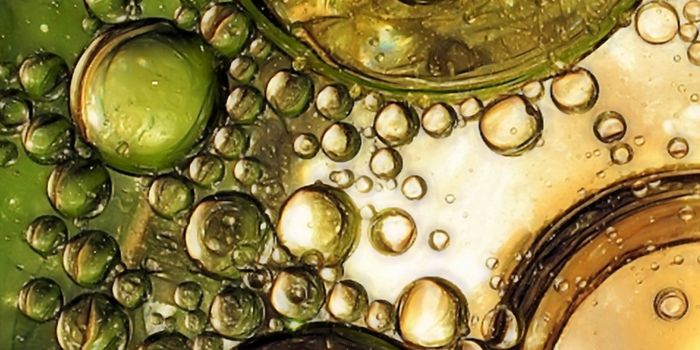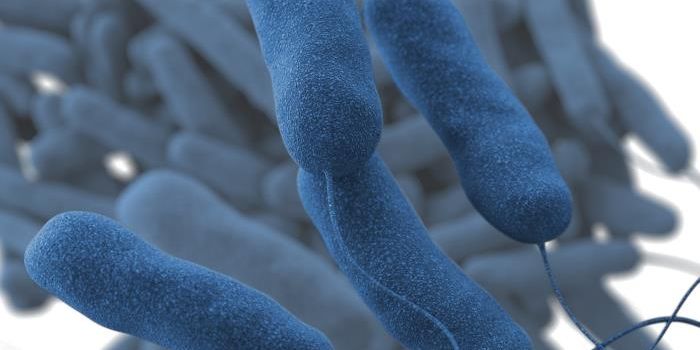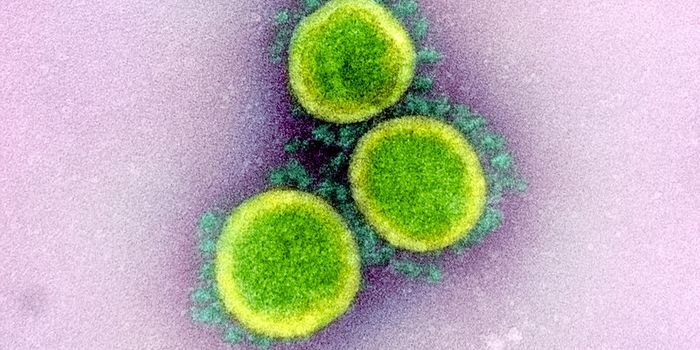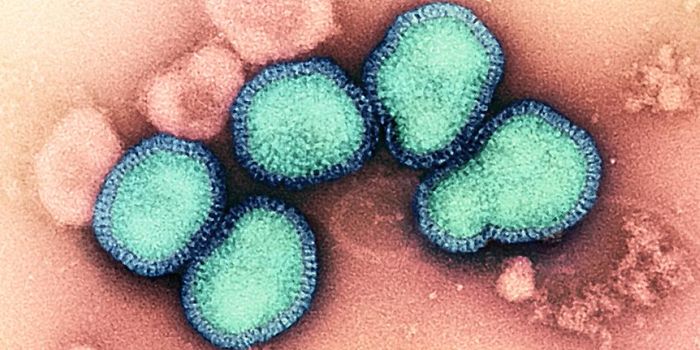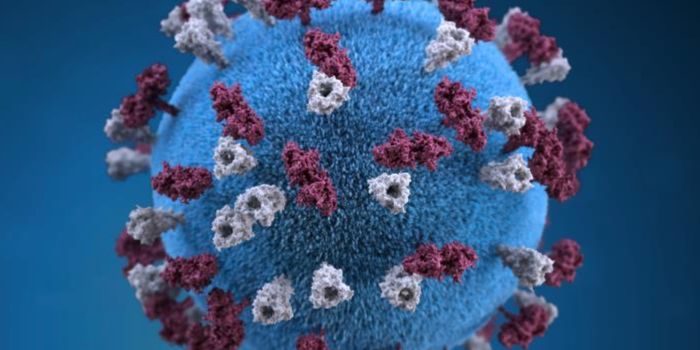Summer means mosquitoes. Mosquitoes mean itchy mosquito bites.
Those itchy bites aren’t just a nuisance, they actually boost the spread of mosquito-borne viruses.
Mosquitoes inject saliva into your skin when they bite (ew). The saliva attracts immune cells that surround the site of the bite. If you think these immune cells would help keep the injected virus from spreading, you’re be wrong. A recent study found that the virus actually ends up hitching a ride with these immune cells to different parts of the body.
This study, published in the journal Immunity by researchers from the University of Leeds, tested whether or not the inflammation that accompanies a mosquito bite helps establish a viral infection.
The group injected Semliki Forest virus or Bunyamwera virus into the skin of mice - with or without an accompanying mosquito bite at the injection site.
When no mosquito bite was present, the virus did not replicate well in the skin. They reasoned that the inflammatory response that occurs after a mosquito bite may have something to do with how well the virus replicates. They found that mosquito bites attracted a large number of cutaneous neutrophils to the bite site - however, virus infection alone did not induce this response.
The group also performed one particularly interesting experiment to show that neutrophil-dependent inflammation enhanced viral infection. They depleted the neutrophils in their mice and found that this reduced the abundance of viral RNAs at the injection site by roughly 5-fold.
The next step is to identify ways to reduce the inflammation associated with mosquito bites. According to study author Clive McKimmie, “we now want to look at whether medications such as anti-inflammatory creams can stop the virus establishing an infection if used quickly enough after the bite inflammation appears”.
Sources: Immunity,
University of Leeds


